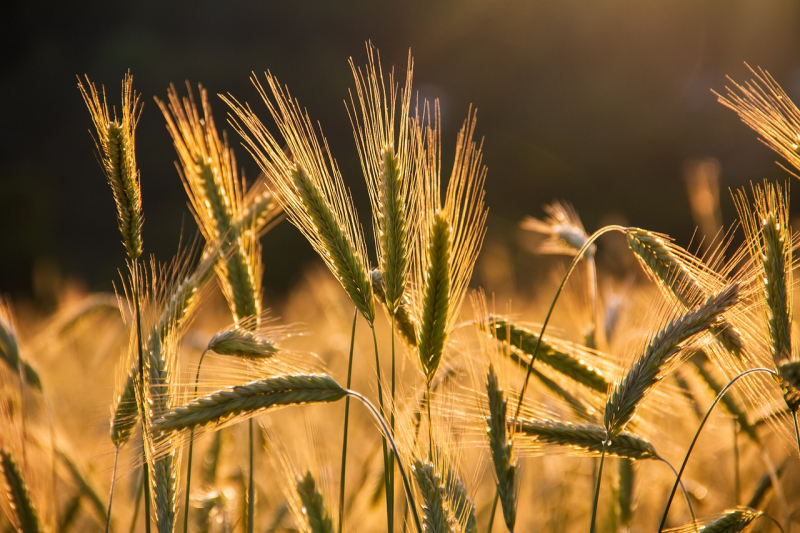Please check the information entered!
- Please check the information entered
A log-in email has been sent to your email address
Forgot password? Reset password
Looking for your next technology, science or engineering role? Maybe you’re just starting out in your career? Polytec is here to help you find the perfect position for you. Browse our current vacancies now >>> https://www.polytec.co.uk/jobs/
A field trial of genetically modified (GM) and gene-edited barley has commenced in the UK to see if more sustainable and equitable ways of farming can be developed.
Led by the Crop Science Centre – a coalition between the University of Cambridge and the crop research organisation NIAB – the trial will assess whether improving crop interactions with naturally occurring soil fungi could reduce the need for synthetic fertilisers.
At present, synthetic fertilisers are used in high and middle-income countries to increase levels of nitrogen and phosphorous in crops – both of which are essential nutrients. But the excessive application of synthetic fertilisers causes environmental pollution that reduces biodiversity and produces greenhouse gas emissions.
The trial will evaluate a barley variety genetically modified to boost expression levels of the naturally present NSP2 gene, which increases its capacity to engage with mycorrhizal fungi. As a result, crops could absorb water more efficiently from the soil, as well as nitrogen and phosphorous. If they do, not only will wealthier countries be able to reduce their reliance on synthetic fertilisers, but developing countries could also be able to enjoy greater crop yields without the need to buy fertilisers – which can be both expensive and hard to obtain.
Professor Giles Oldroyd, Russell R Geiger professor of crop science, who is leading the work, said: “Working with natural and beneficial microbial associations in plants has the potential to replace or greatly reduce the need for inorganic fertilisers, with significant benefits for improving soil health while contributing to more sustainable and equitable approaches to food production.
“There is an urgent need for ecologically sound approaches to food production that can satisfy the demands of a growing global population while respecting limits on natural resources. We believe biotechnology can be a valuable tool for expanding the options available to farmers around the world.”

Image by NickyPe from Pixabay